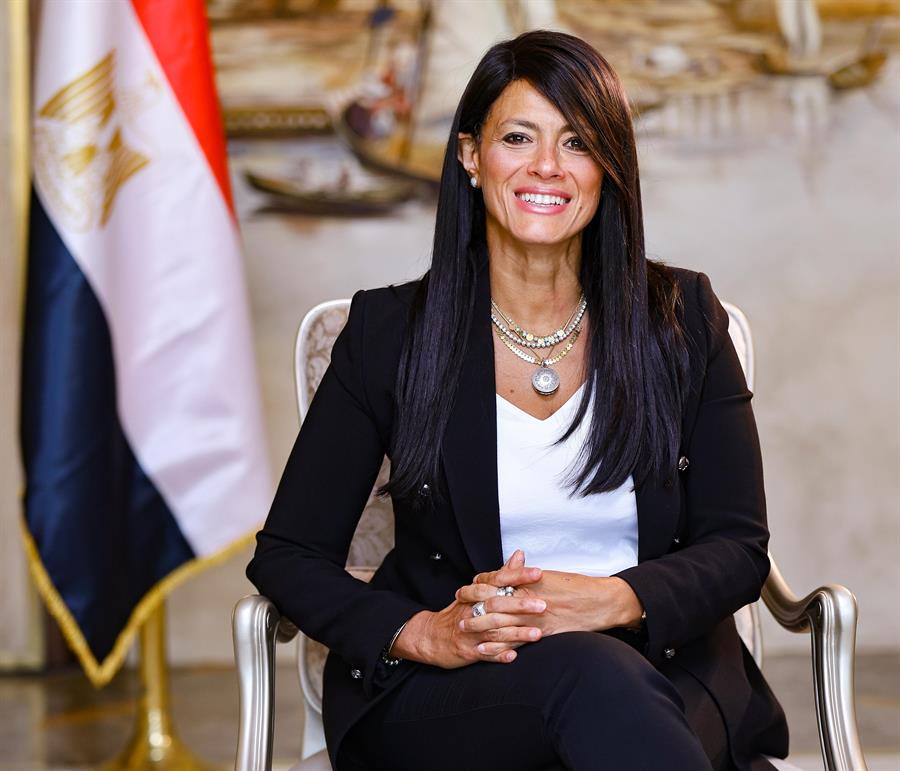Egypt’s NIGSD begins training for the second group of the “Be an Ambassador” initiative

05 April 2021
The National Institute for Governance and Sustainable Development (NIGSD) announced the training of the second group of the” Be an Ambassador” initiative.
Dr. Sherifa El-Sherif, Executive Director of the National Institute for Governance and Sustainable Development, explained that the total number of trainees so far has reached 250 trainees, stressing that the accepted candidates in the remaining groups will be contacted, respectively.
El-Sherif emphasized that the selection of the best subjects from all governorates of Egypt, and the various scientific disciplines, were taken into consideration, taking into account gender.
She explained that the initiative consists of three main levels, which are the introductory level, where the study is conducted through the e-training platform "Estidama" and includes introducing some personal skills and principles of sustainable development.
She added that the second level is the specialized level, which starts upon completion of the exam for the introductory level.“The second level includes 11 recorded lectures that are made available on the institute’s electronic platform, as well as holding a series of remote discussions, presented by specialists in various sustainable development pillars,” she said. At this level, the trainee has to prepare a conceptual policy paper in his area of interest, to complete this level.Regarding the third level, El-Sherif indicated that it is the professional level and includes qualifying trainees through the (Training of Trainees) “TOT" program, to become ambassadors for sustainable development in the field of work and to spread the idea and applications of sustainable development in their societies.









